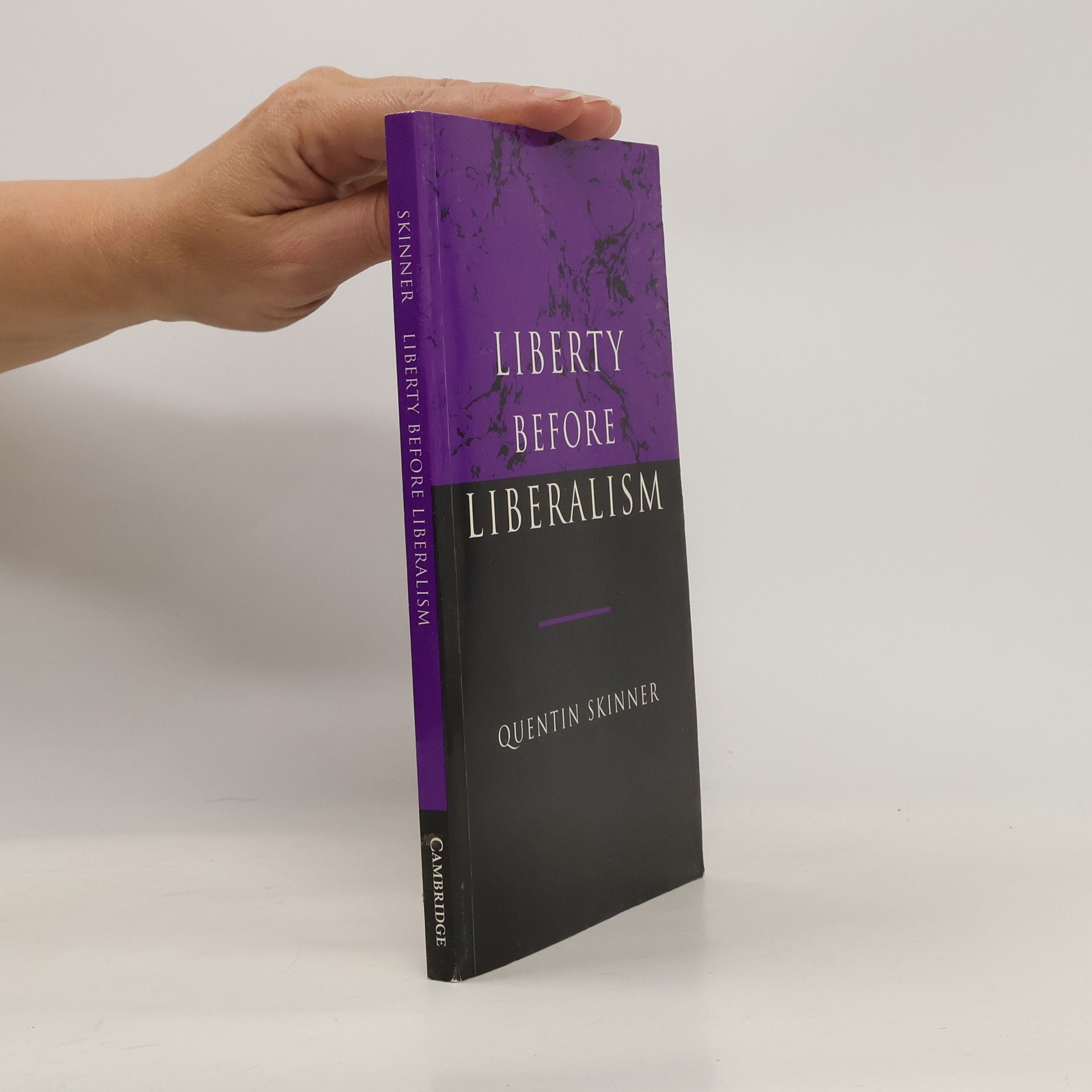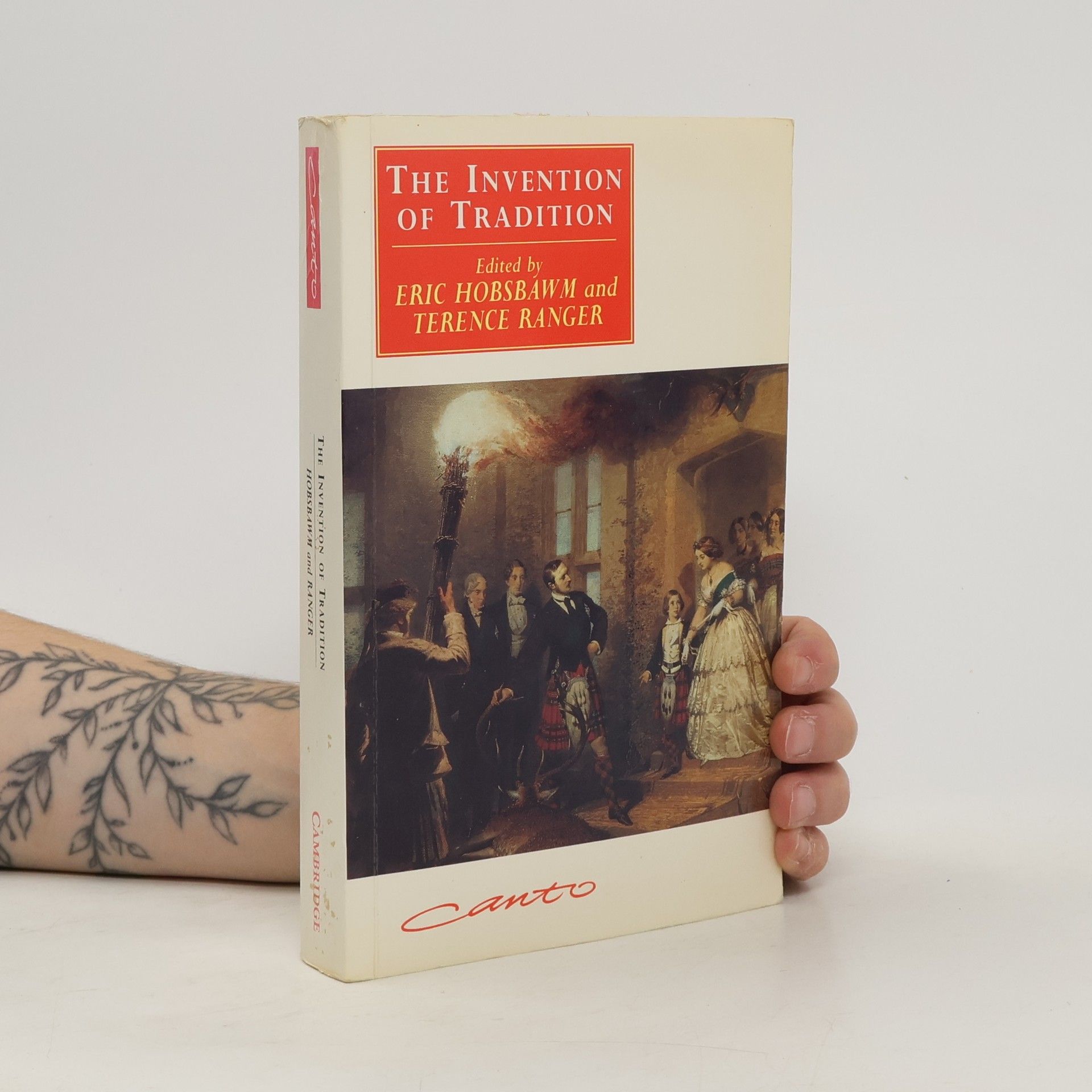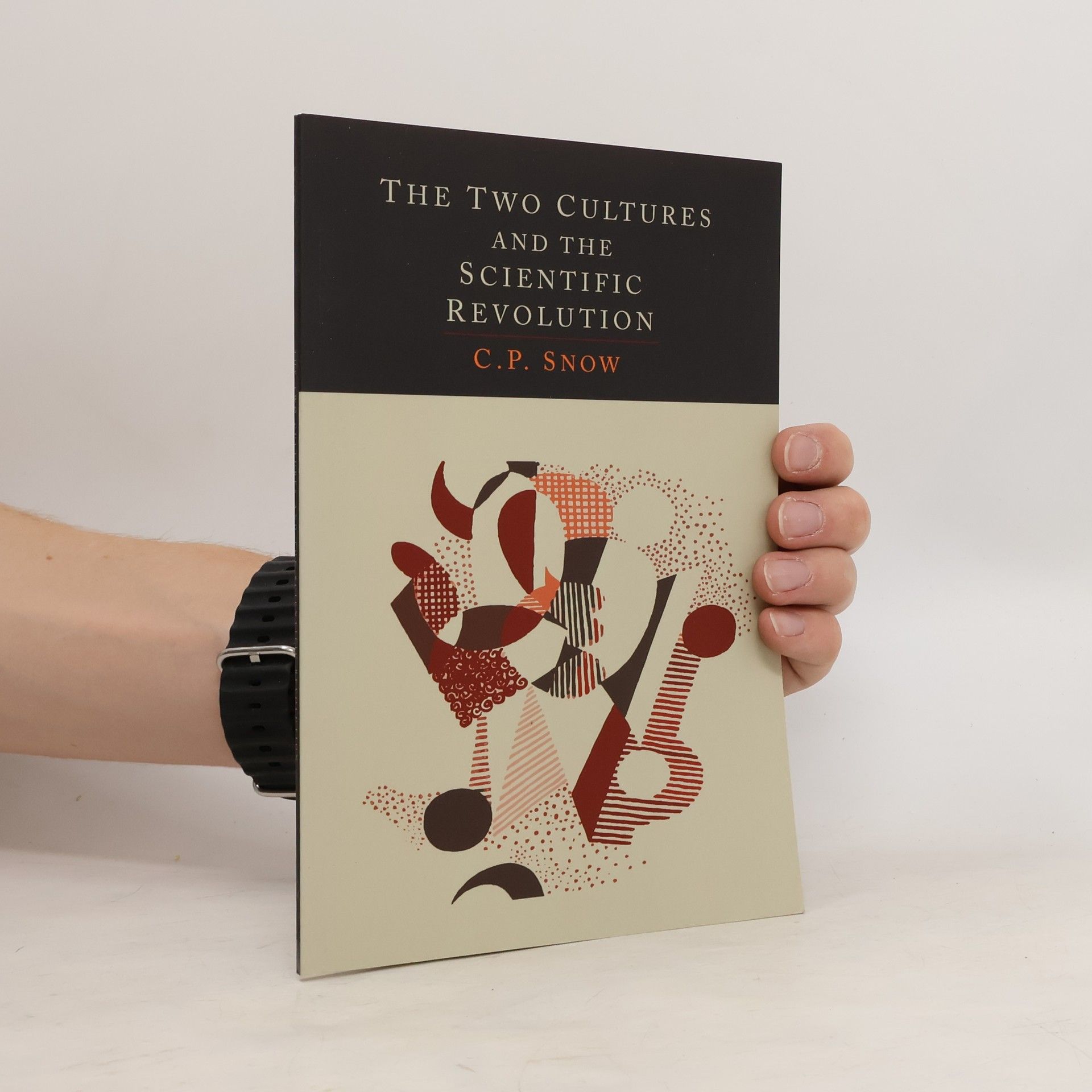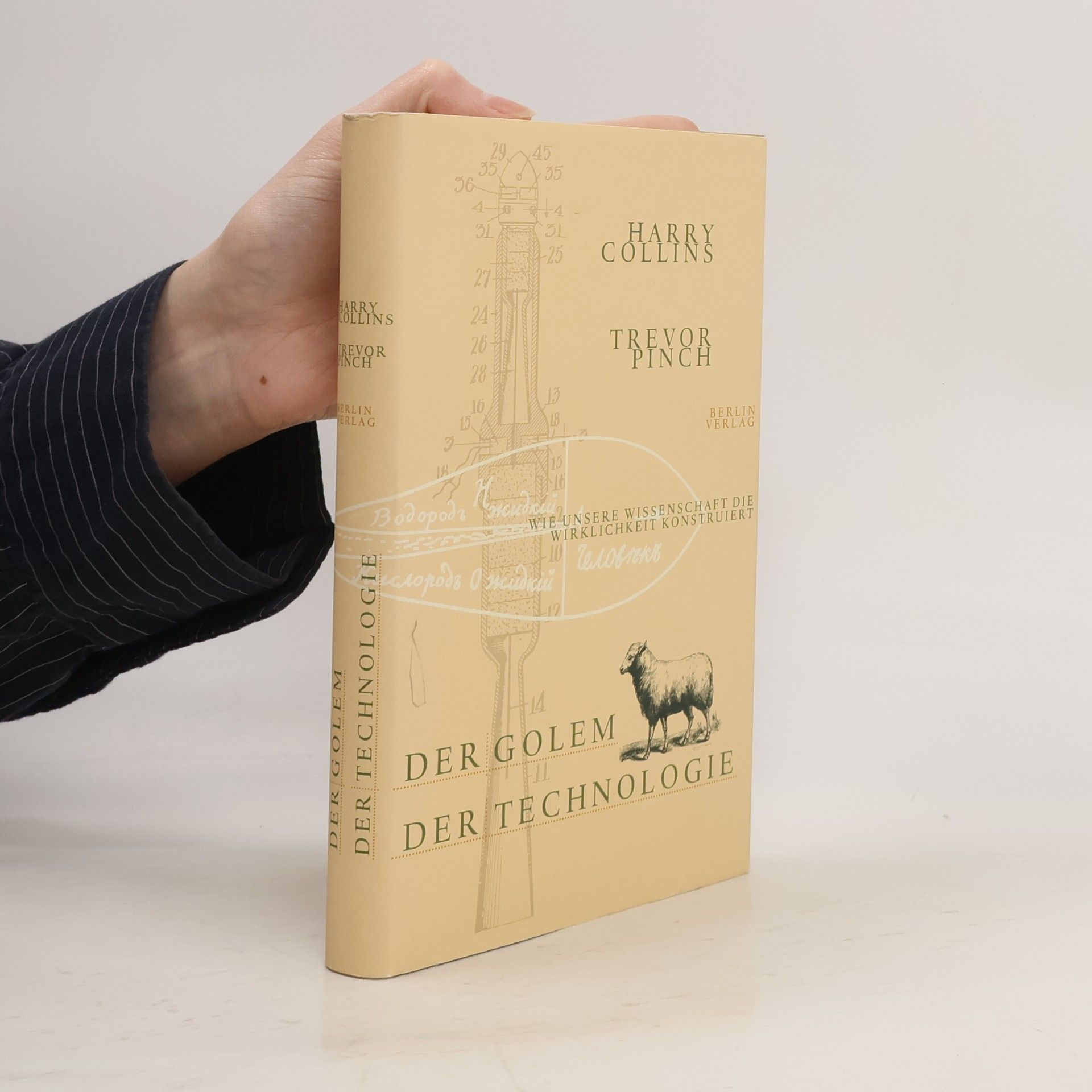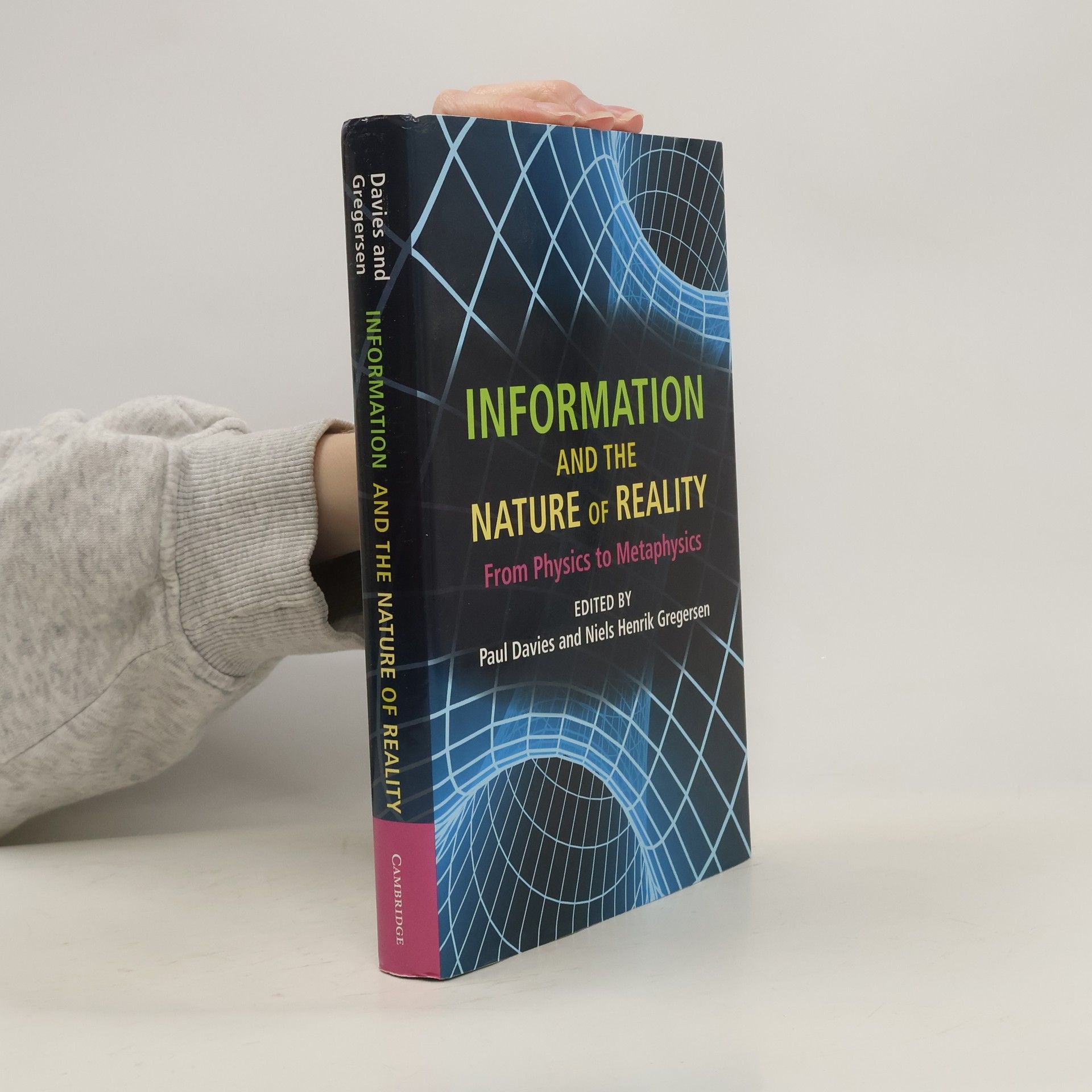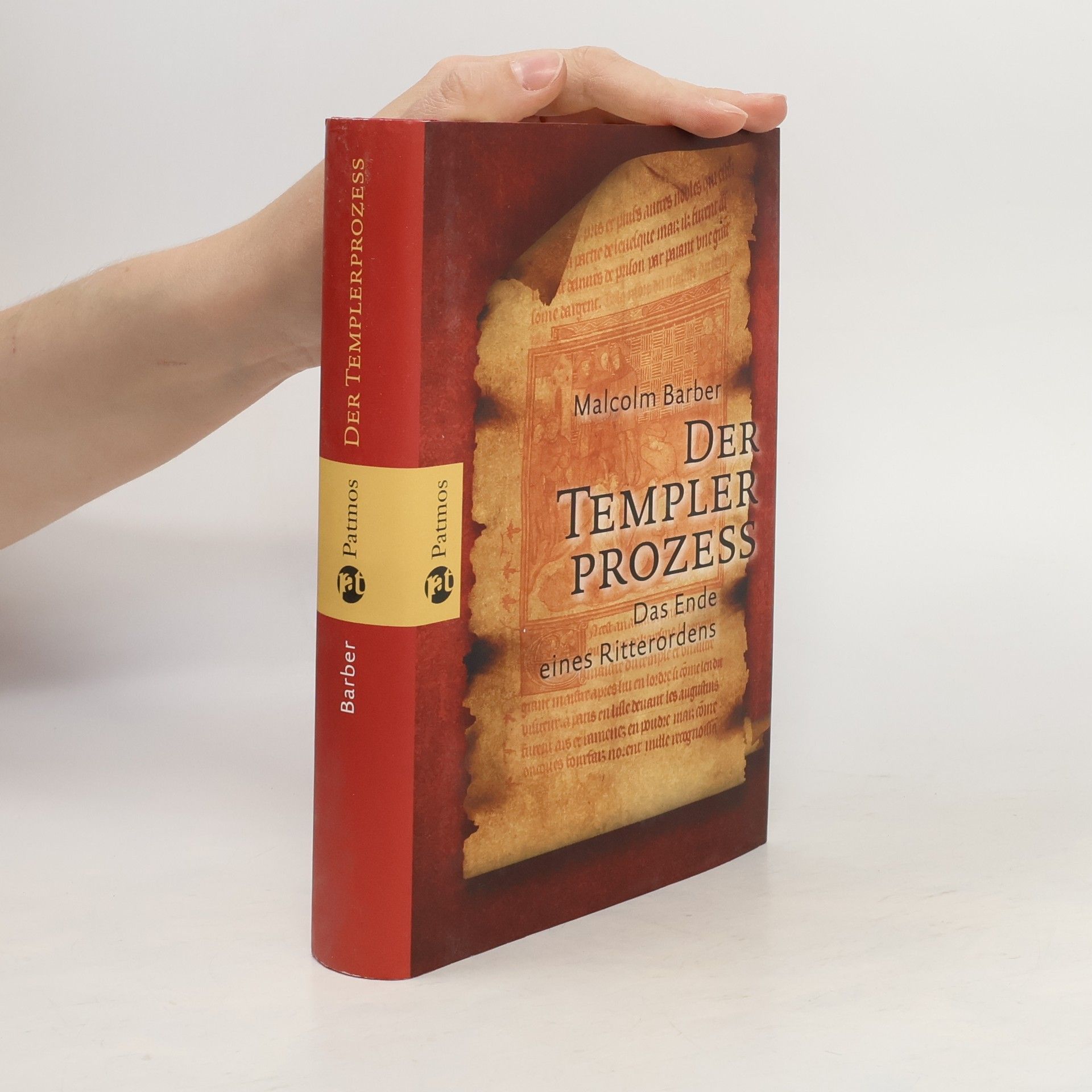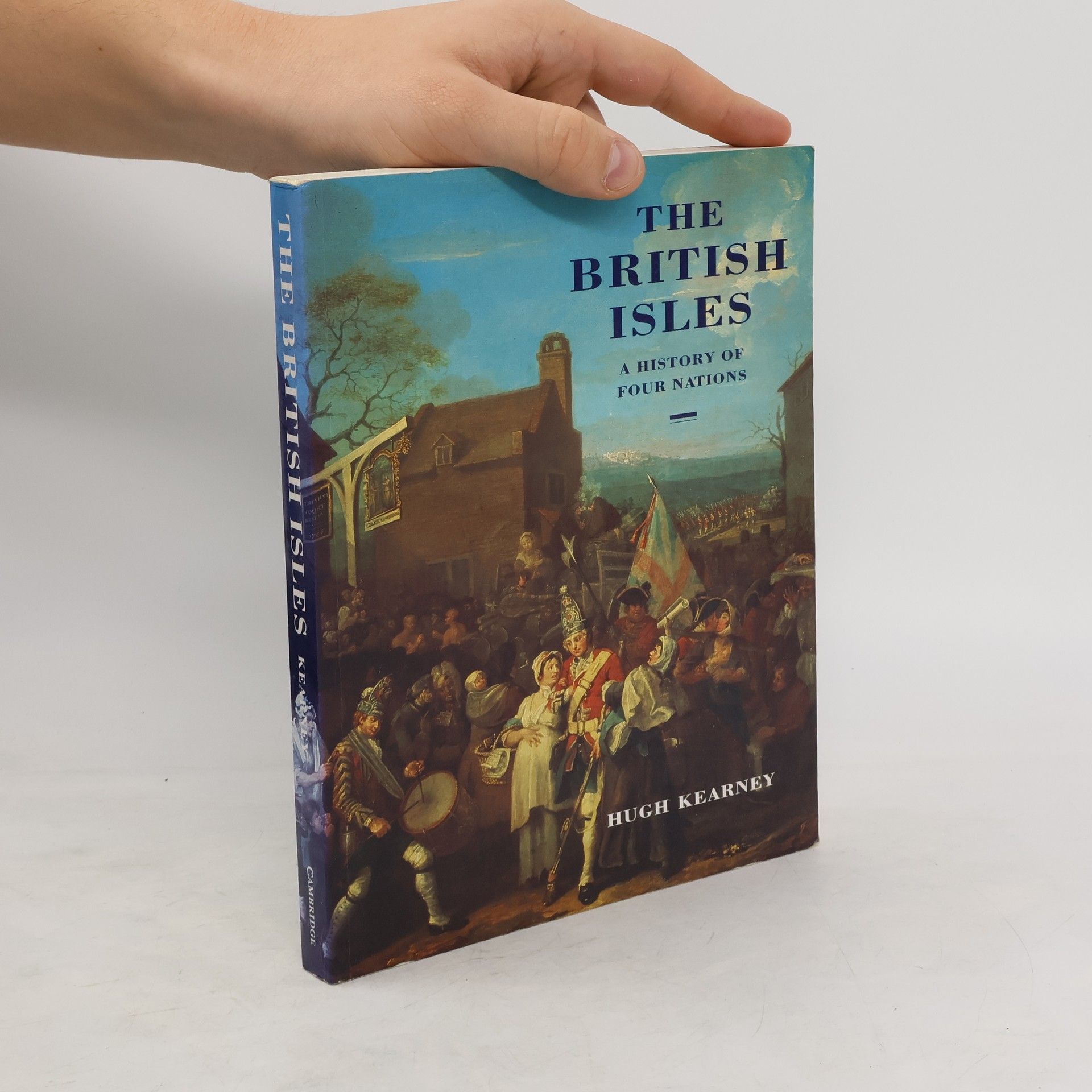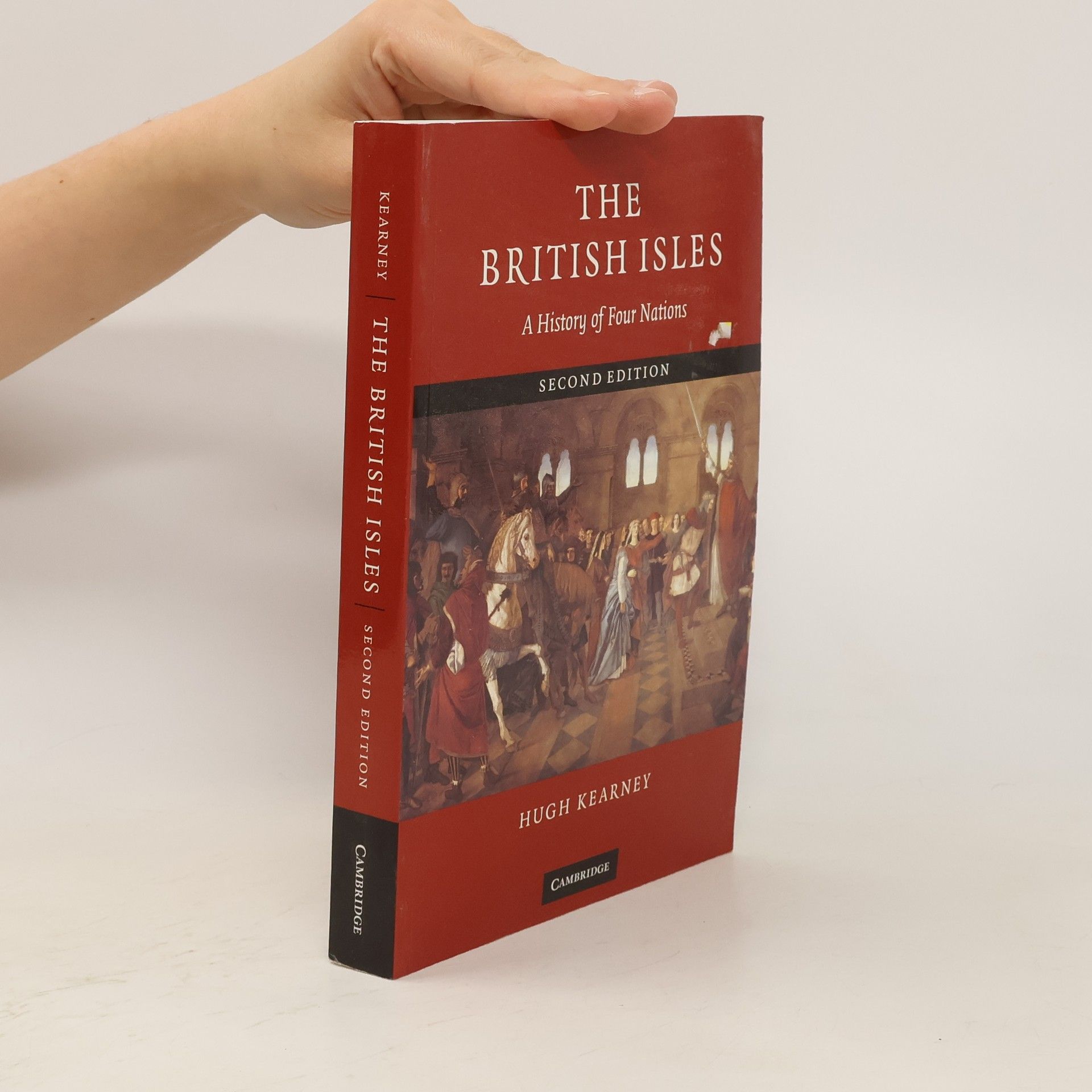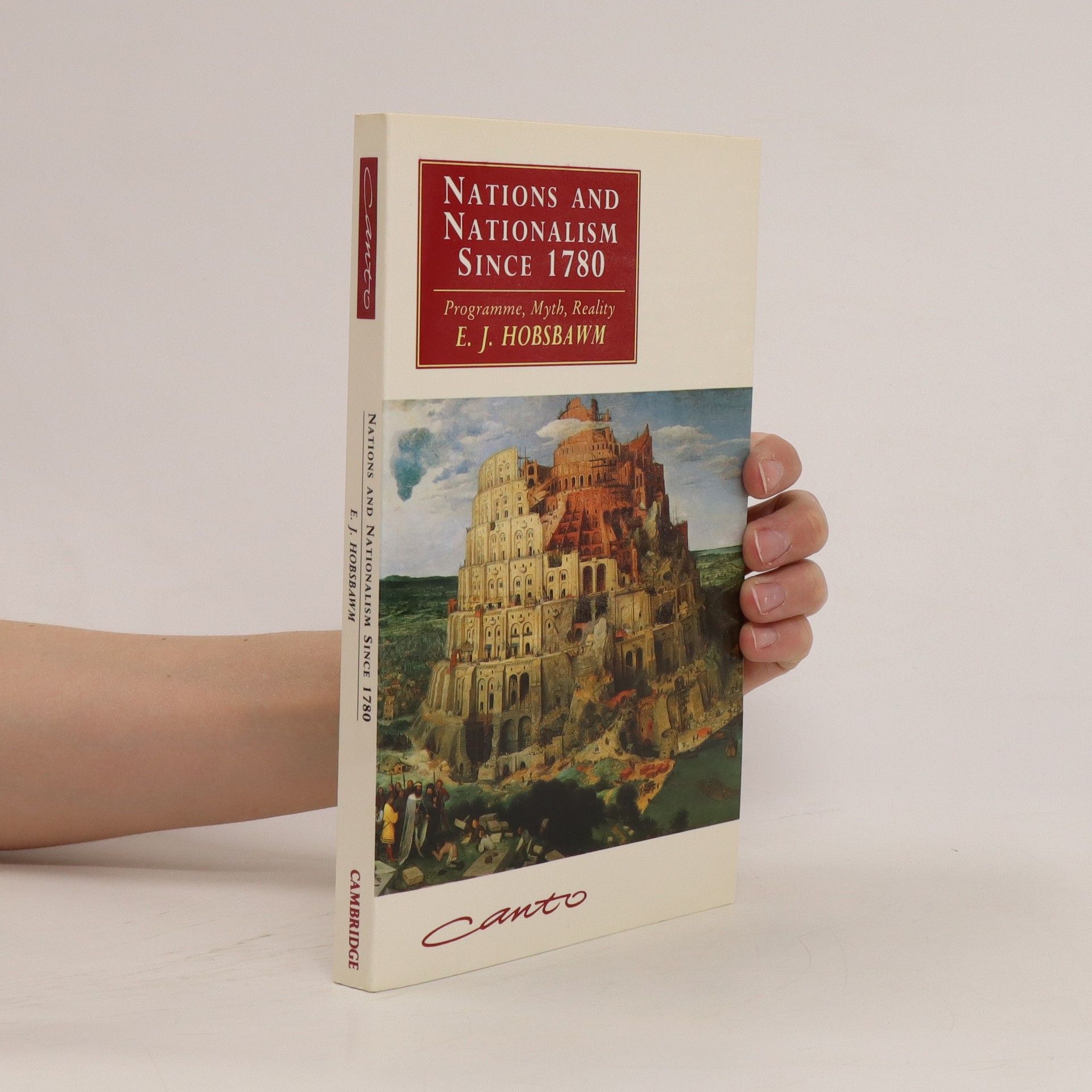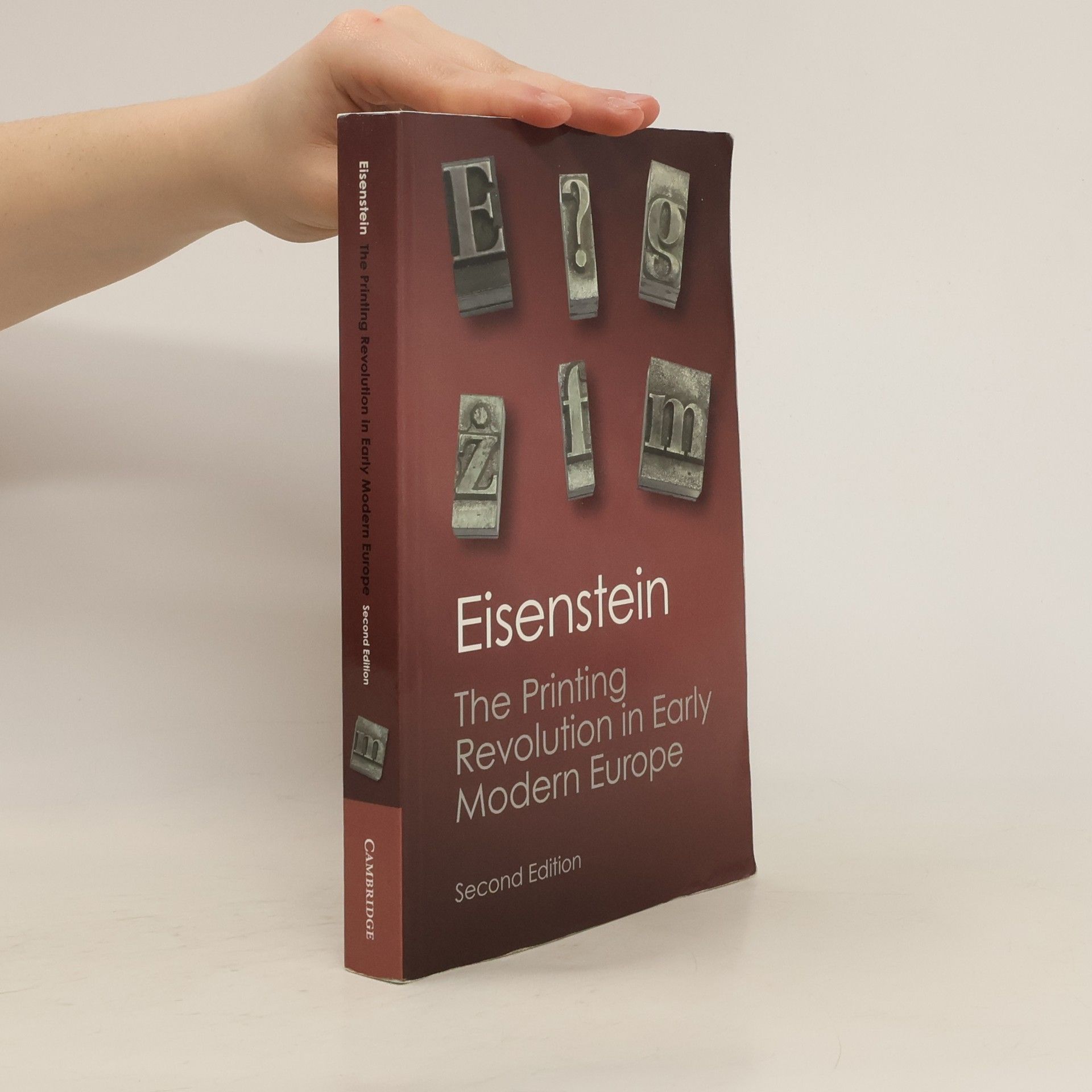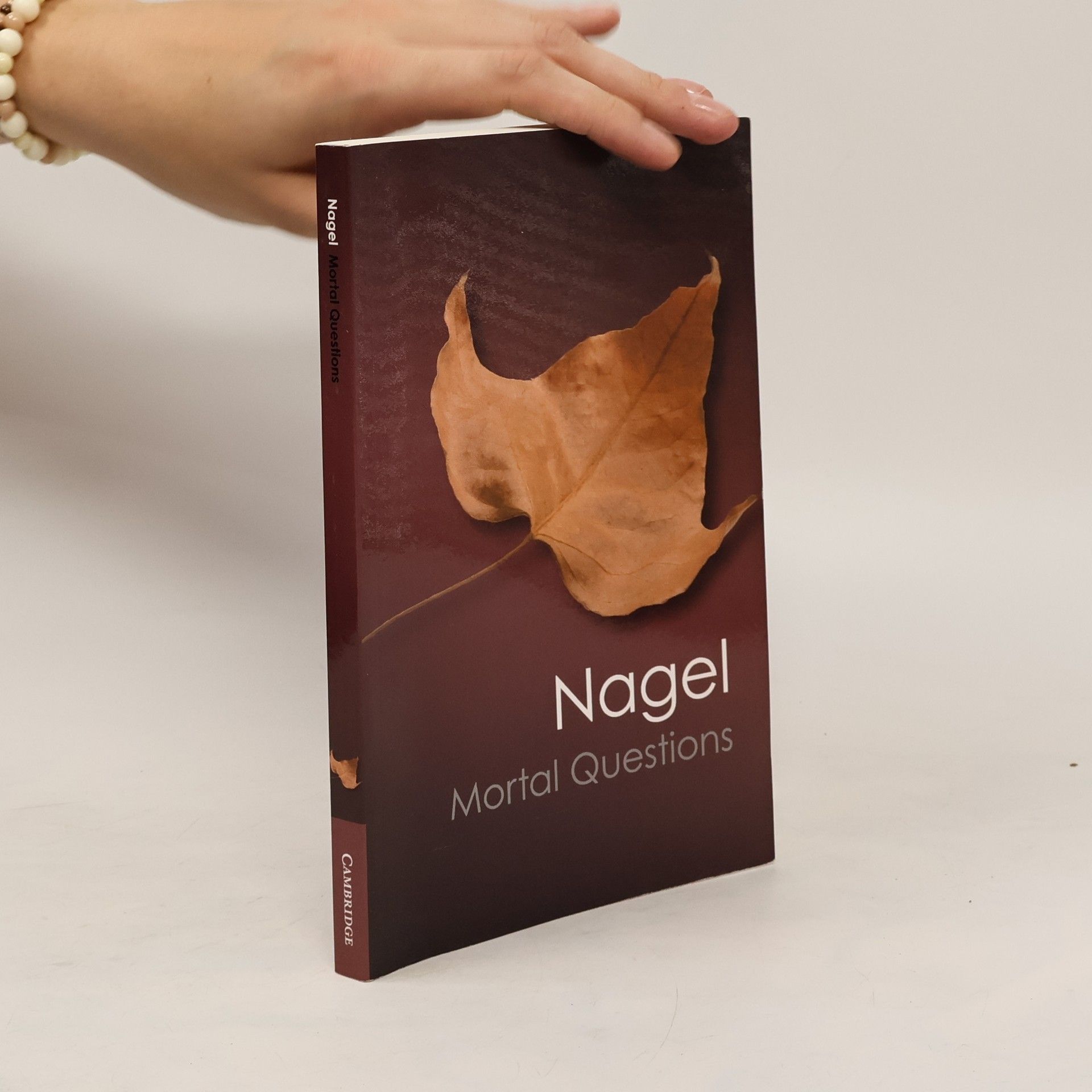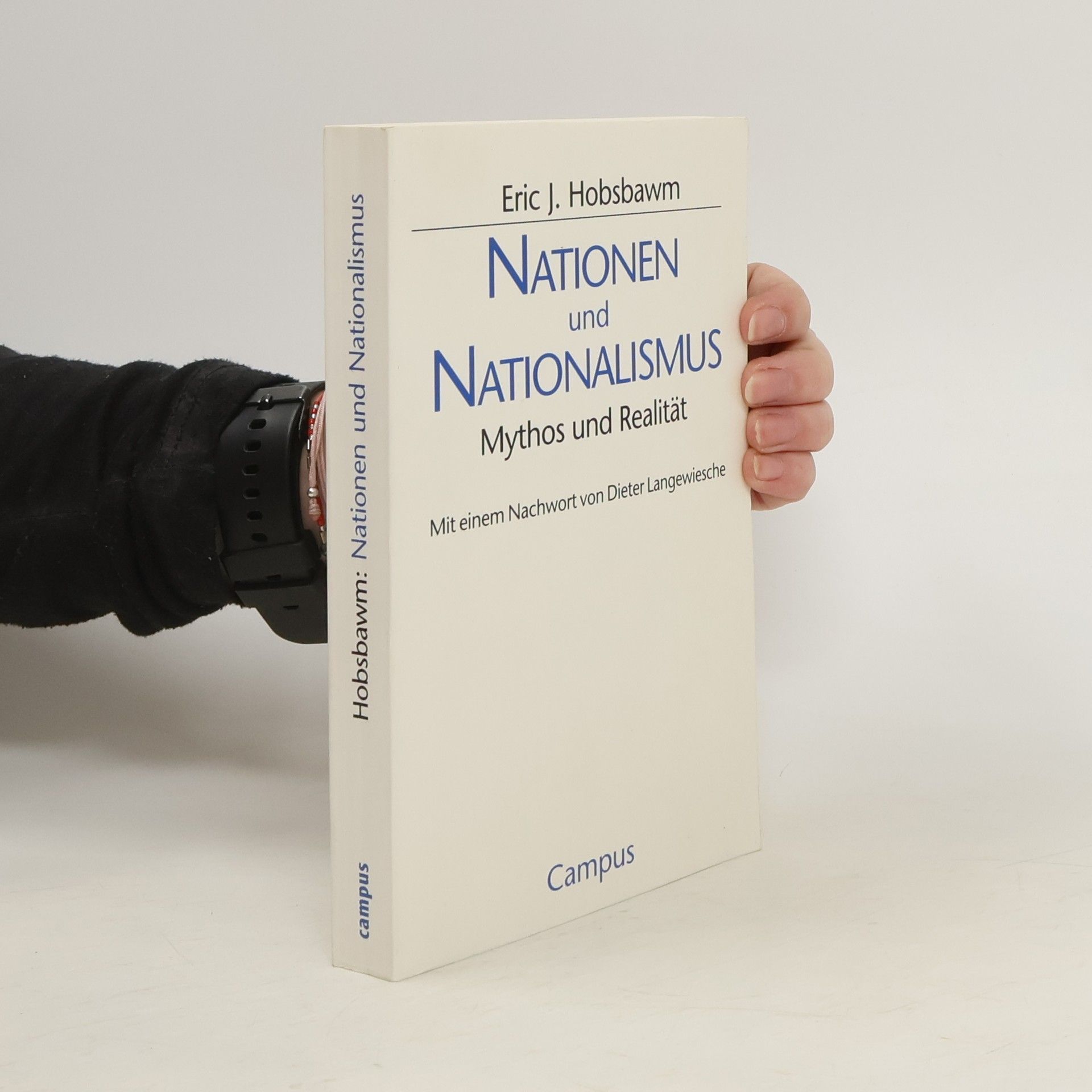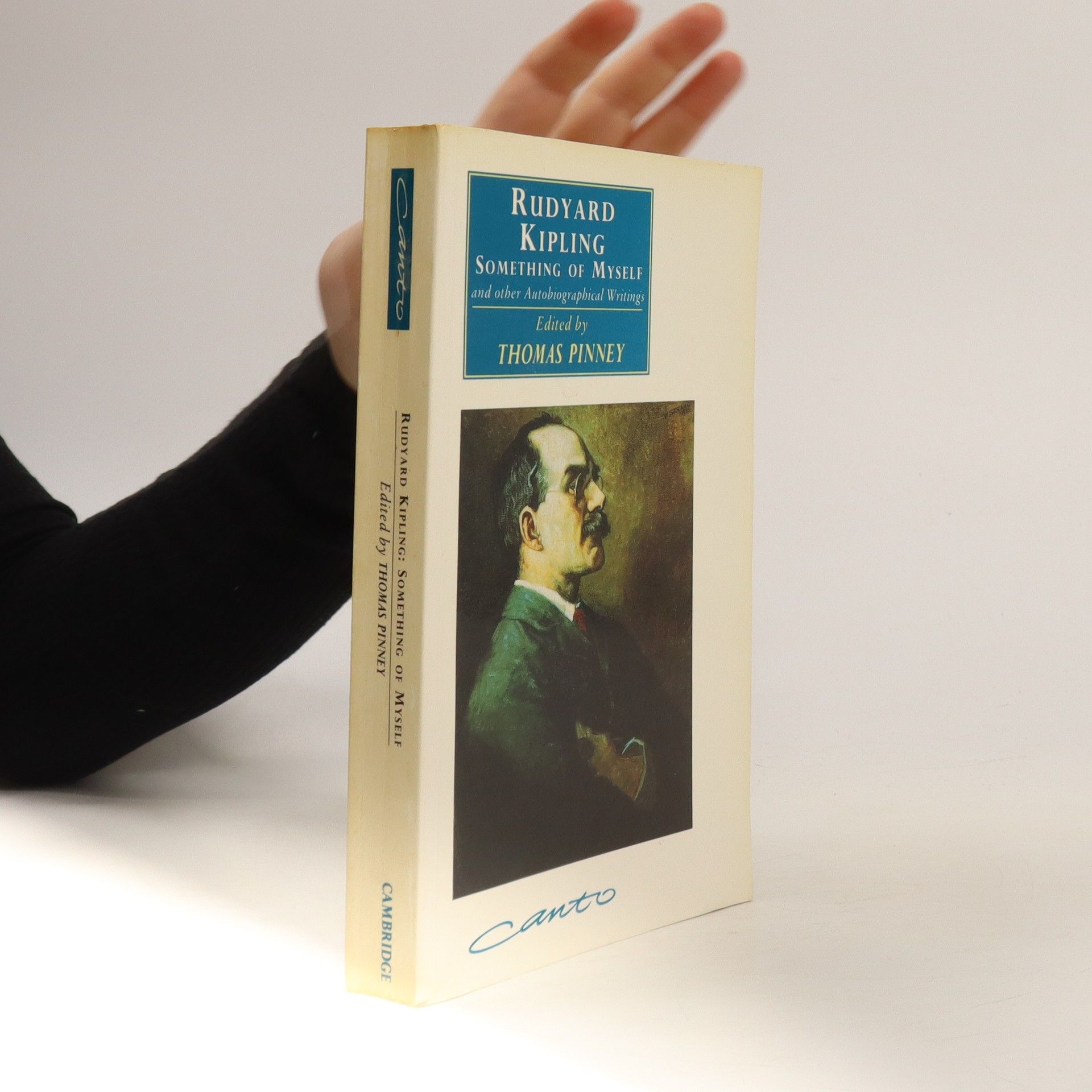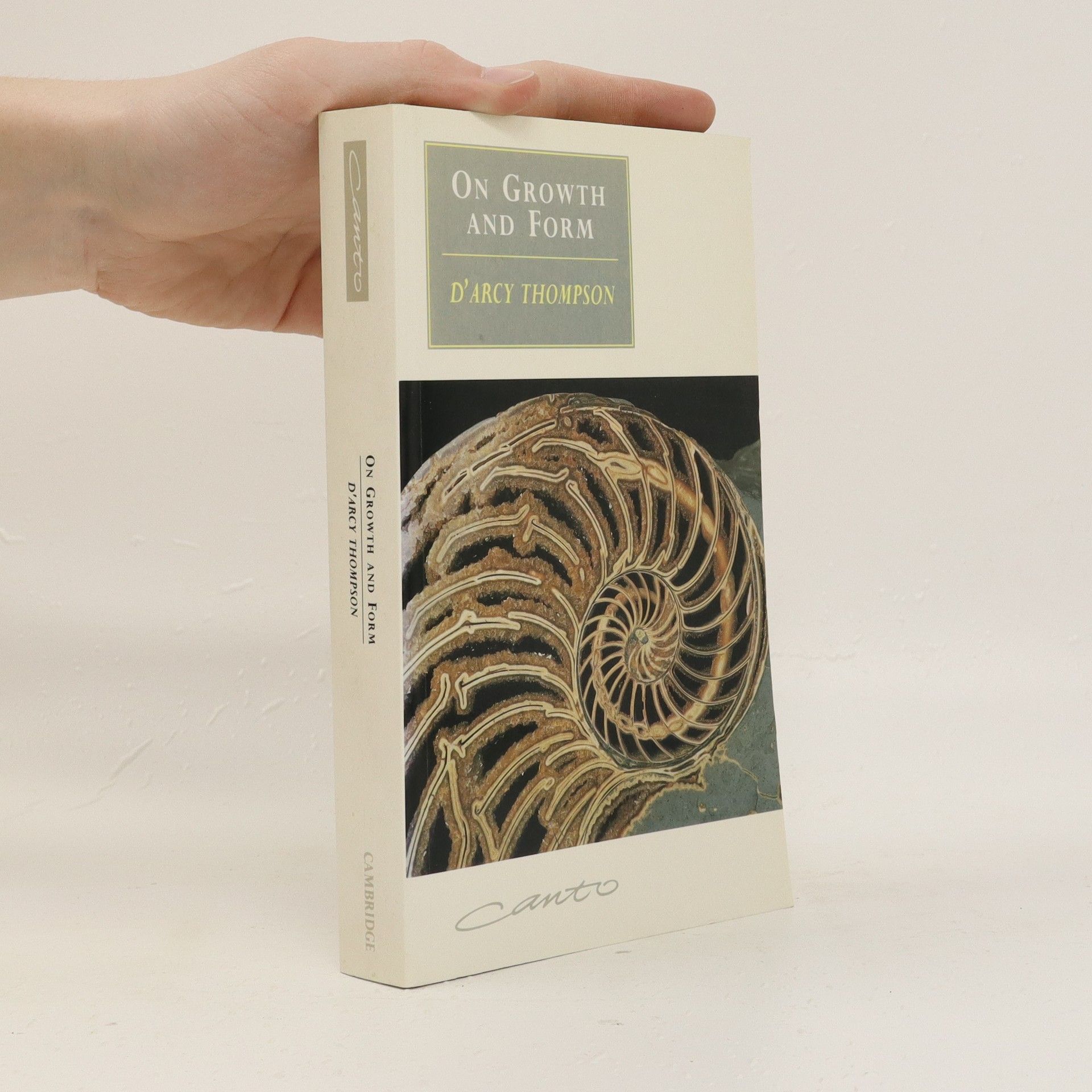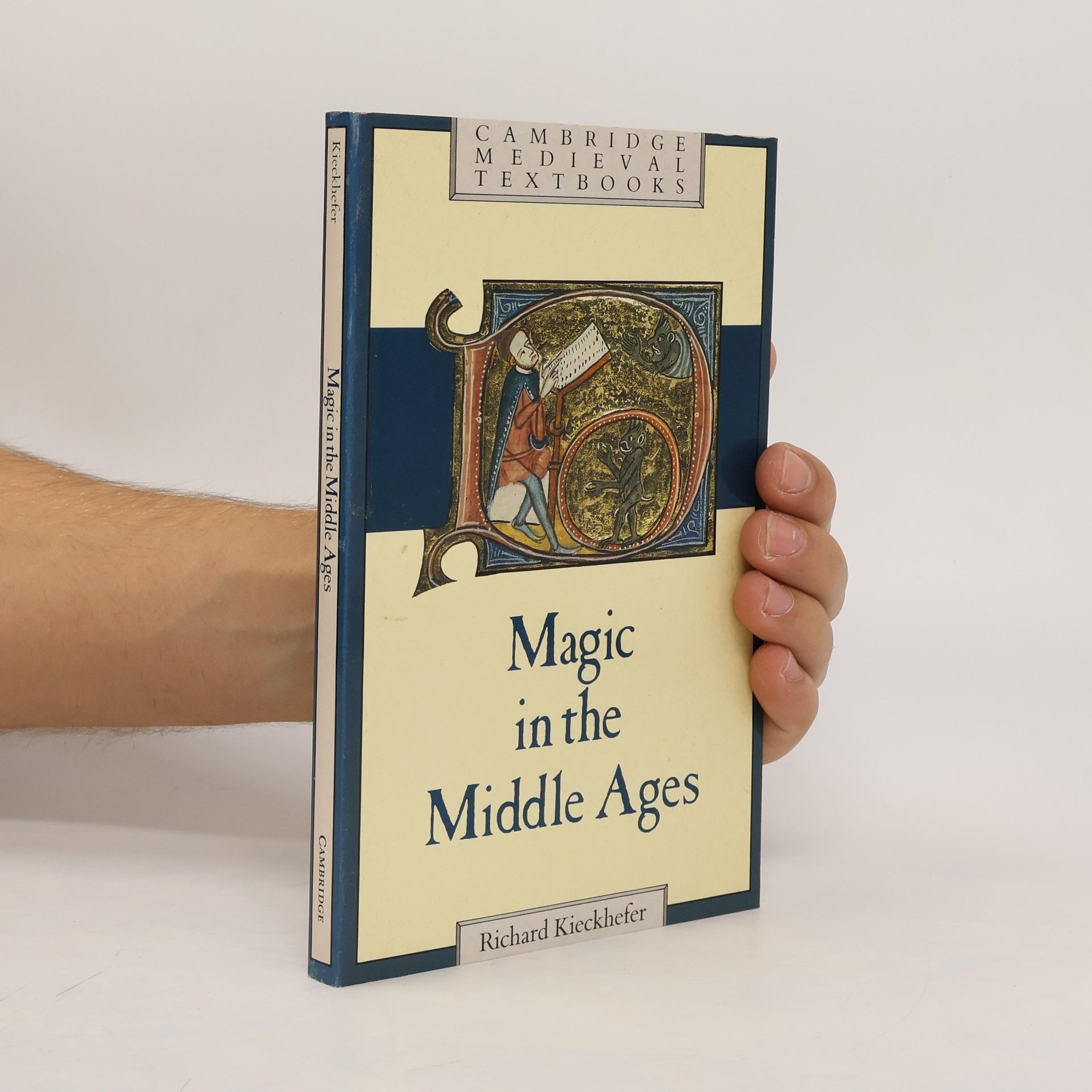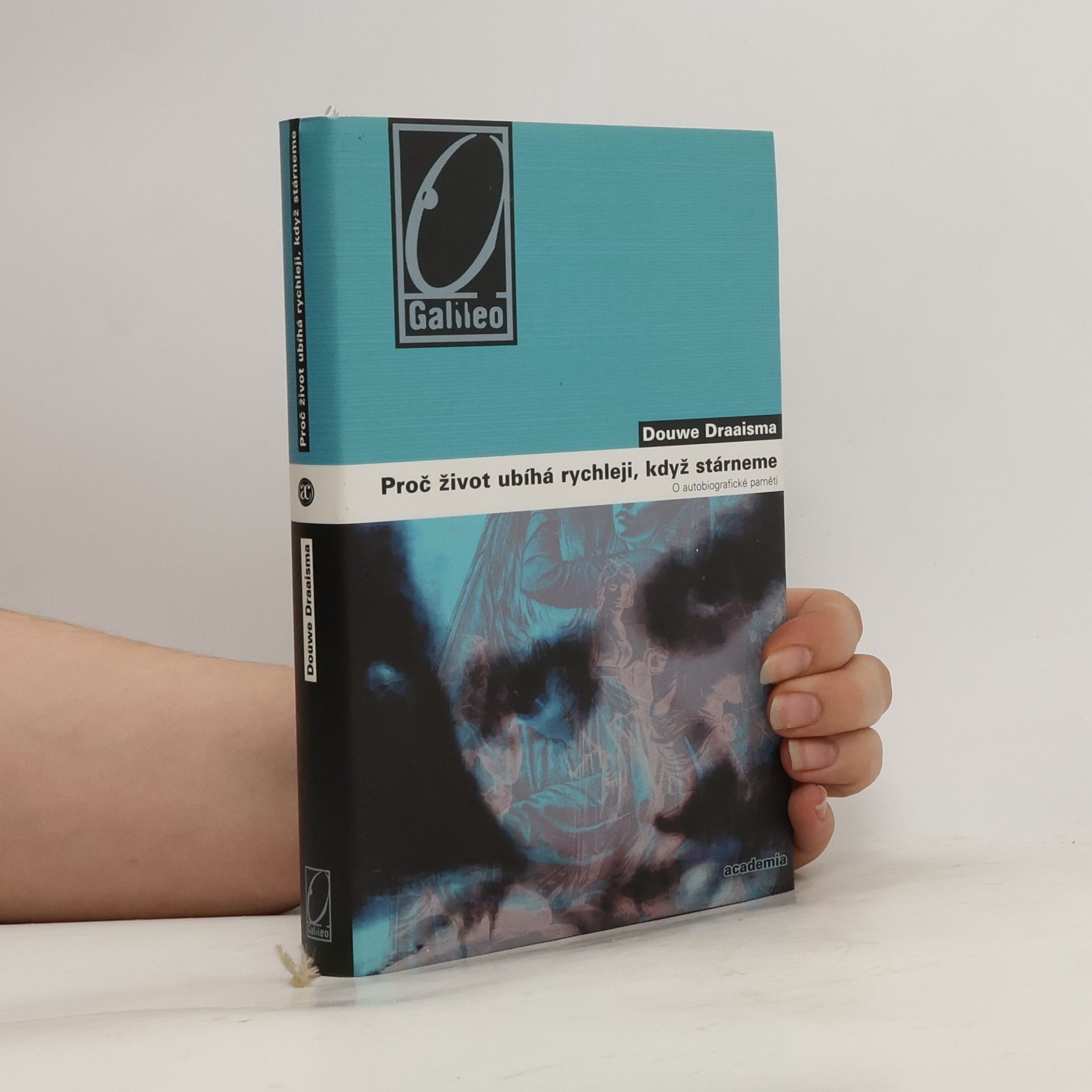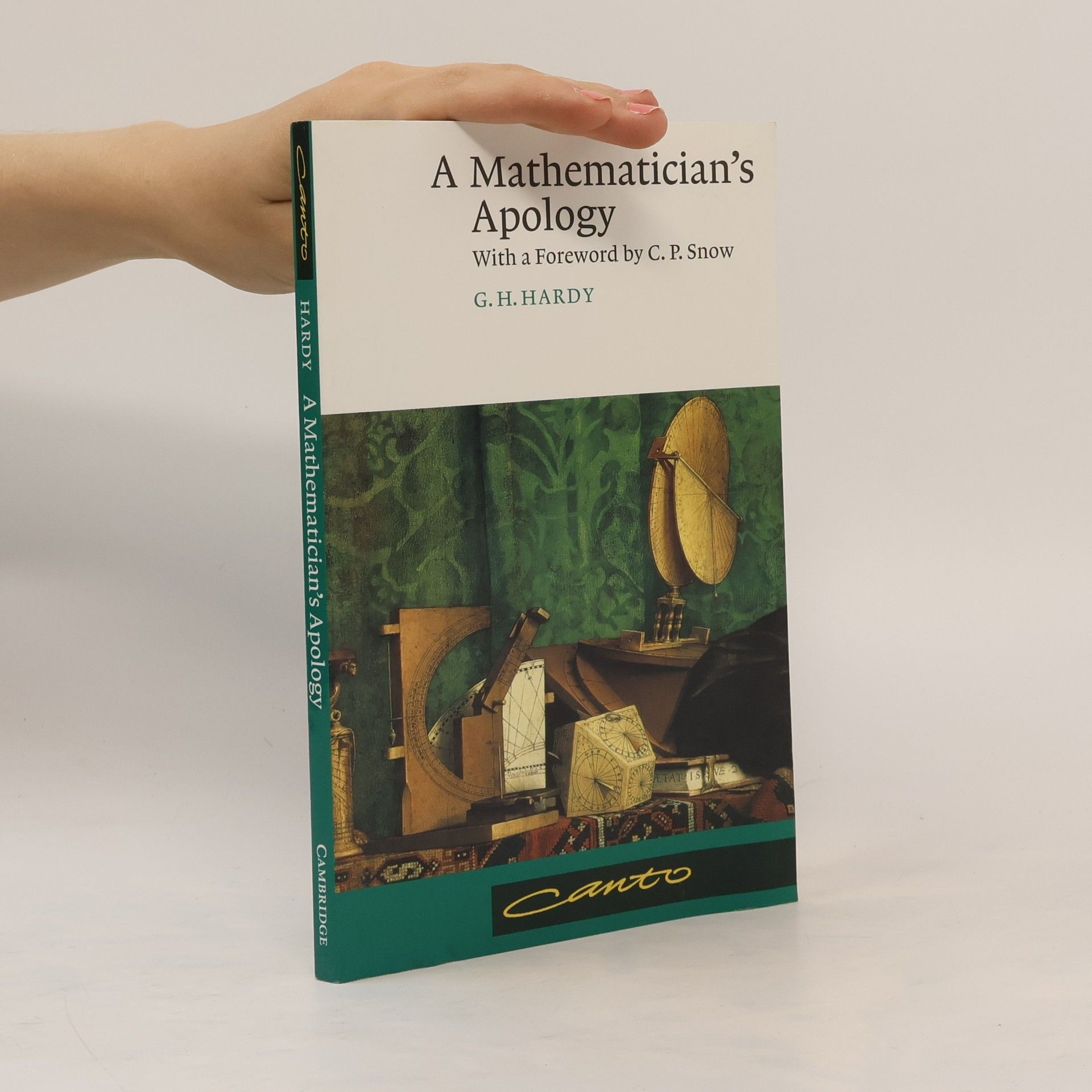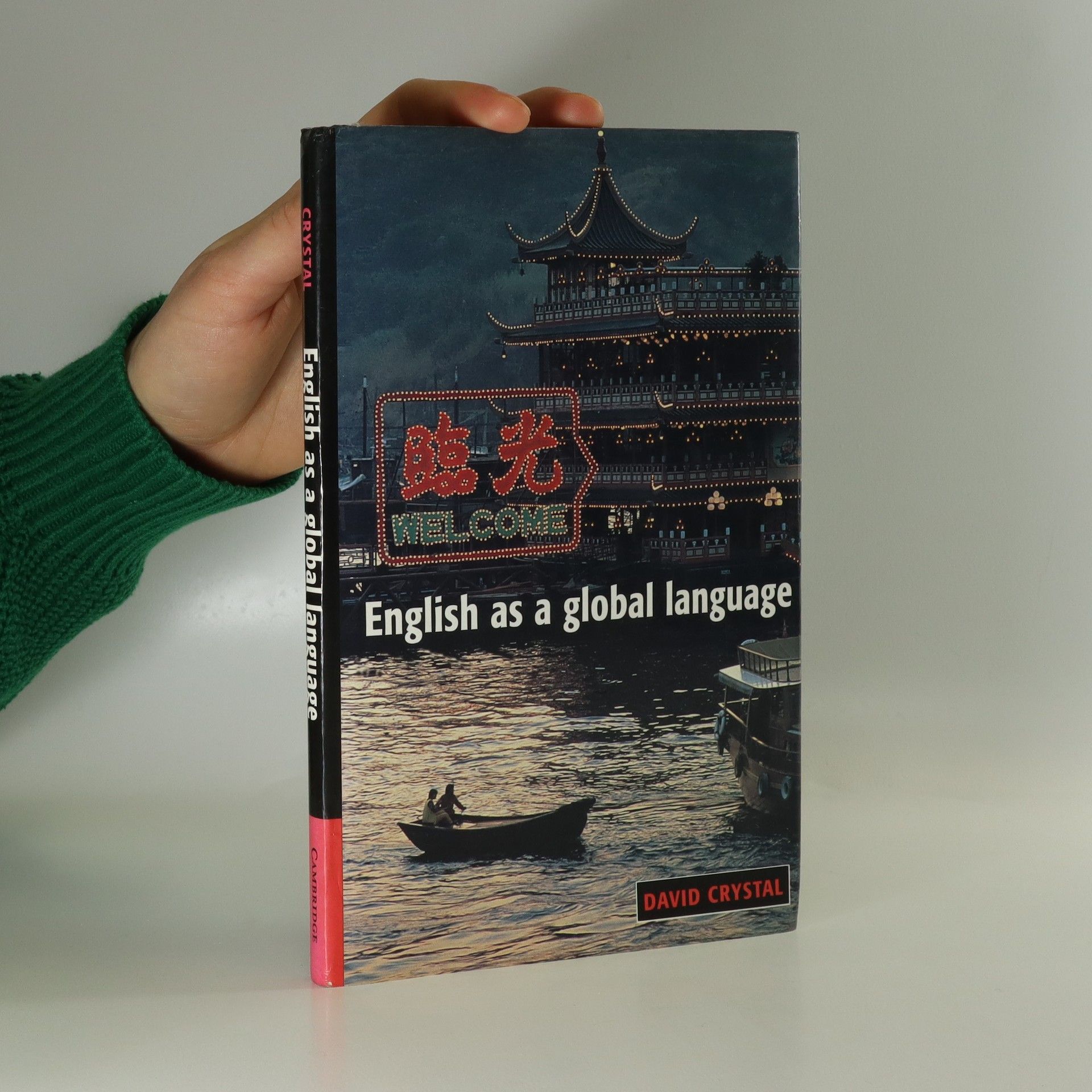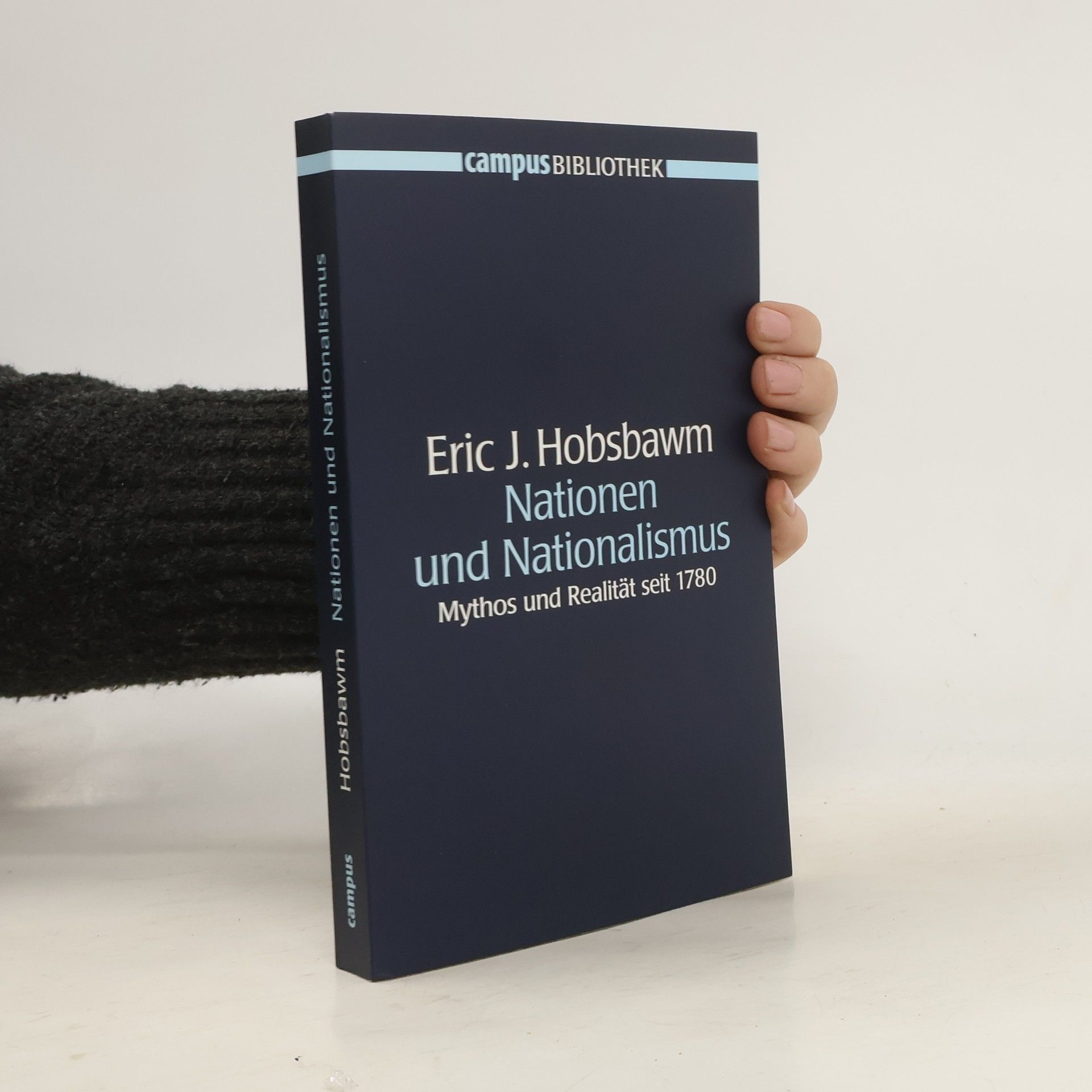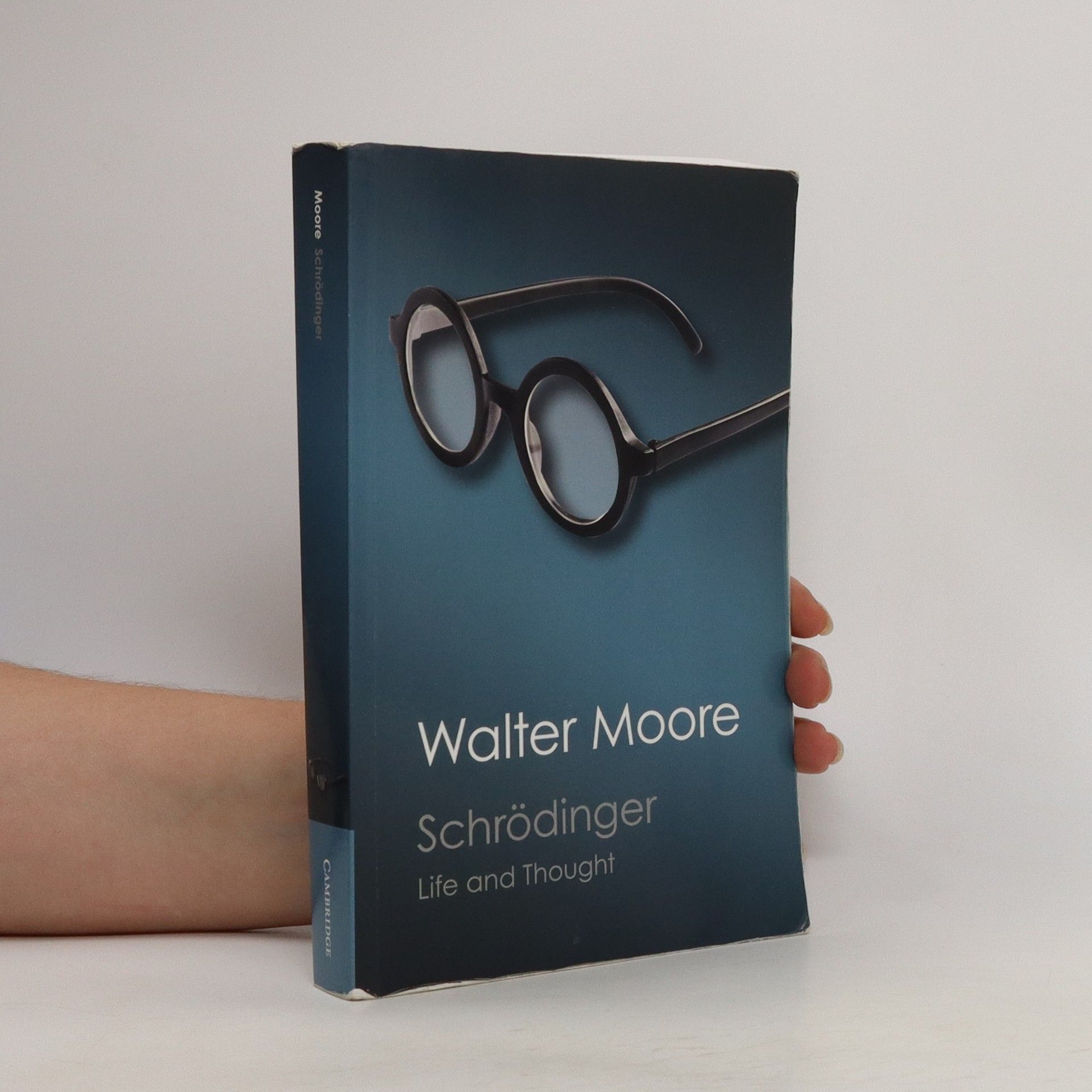The Invention of Tradition
- 328pages
- 12 heures de lecture
Many of the traditions which we think of as very ancient in their origins were not in fact sanctioned by long usage over the centuries, but were invented comparatively recently. This book explores examples of this process of invention - the creation of Welsh and Scottish 'national culture'; the elaboration of British royal rituals in the nineteenth and twentieth centuries; the origins of imperial ritual in British India and Africa; and the attempts by radical movements to develop counter-traditions of their own. This book addresses the complex interaction of past and present, bringing together historicans and anthropologists in a fascinating study of ritual and symbolism which possess new questions for the understanding of our history.

